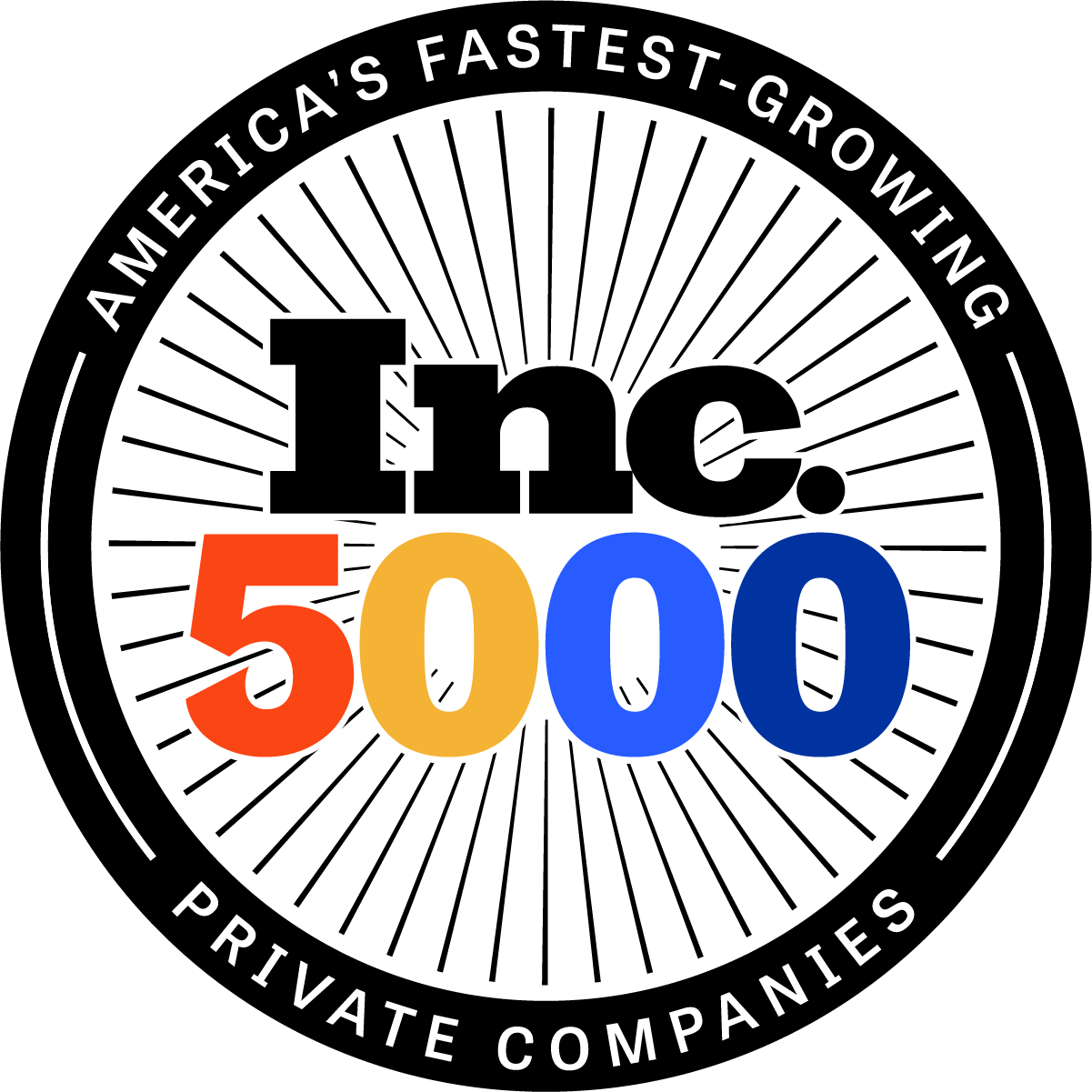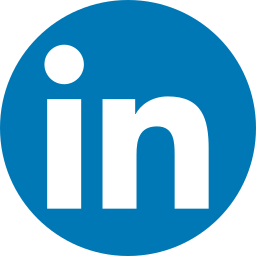More and more organizations are embracing smarter ways to manage employee performance, and AI plays a critical role in making it possible. By enabling real-time insights and more personalized feedback, AI in performance management is helping businesses set clearer goals and measure progress against those goals.
A recent Willis Towers Watson survey found that while 93% of organizations prioritize performance improvement, fewer than half believe their performance management systems are effective. Only one in three say their employees feel evaluations are fair.
With the right PEO partner, you can help reverse the trend and use AI-powered tools to develop a performance management process that really works for your people and business.
Here’s where AI in performance management is making the biggest difference:
1. Real-Time Goal Setting and Alignment
AI helps start the performance year on the right foot by guiding managers to set SMART goals (Specific, Measurable, Achievable, Relevant, and Time-bound) based on past performance, team roles, and business priorities.
Once those goals are in place, AI tools can track progress in real time and help managers determine which employees or teams may need some redirection. With the help of your PEO partner, you can also use insights from AI-powered visualizations to keep teams aligned and focused on shared objectives. Examples of visualizations might include:
- Goal progress dashboards
- Performance trend graphics
- Grids illustrating team alignment
2. Objective, Data-Driven Evaluations
Many performance reviews still lean too heavily on subjective inputs and gut feeling. In fact, in a Gallup survey, employees said their performance evaluations are most often based on two subjective measures: their manager’s observations (67%) and performance ratings (54%).
AI makes evaluations more objective by consolidating data such as project outcomes and productivity metrics to paint an accurate picture of how an employee is really performing.
Here are just a few ways using AI in performance management enables more data-driven evaluations:
- Identifies your “silent stars”—high performers who consistently deliver but may not self-promote.
- Flags early signs of underperformance before they escalate.
- Highlights team-wide performance patterns that might have otherwise been overlooked.
3. Personalized Support for Employee Development
AI personalizes performance management by using employee data to suggest development opportunities that match each person’s needs and performance level.
Examples might include recommending a training course or suggesting a project based on tasks the employee already handles day-to-day. This kind of support matters, as only 31% of organizations in one study said their current performance management systems were effective in helping employees grow.
A PEO can help you implement AI-powered systems that not only identify personalized development opportunities but also turn them into actionable growth plans tailored to each employee’s goals.
4. Time-Saving Automation
Performance management can quickly get bogged down by administrative tasks such as gathering feedback, scheduling review meetings, and compiling reports. AI can automate many of these tasks, freeing up HR and managers to focus on more meaningful activities, such as one-on-one performance conversations.
AI-powered platforms can go a step further by summarizing performance discussions and simplifying the entire review process for managers. According to McKinsey, even simple AI-driven nudges can support managers by highlighting when employees should receive recognition or when someone may need extra support to improve in specific areas.
5. Bias Reduction and Fairness
Whether conscious or unconscious, bias can significantly distort performance reviews, impacting everything from promotions to pay equity. AI helps mitigate this by:
- Analyzing performance reviews for patterns of bias across gender, race, tenure, and other factors.
- Flagging inconsistencies in how similar behaviors or outcomes are rated across different employees.
- Ensuring that feedback and ratings are tied to relevant, objective criteria.
One study found that women were more likely to receive higher performance ratings but were rated lower on “potential,” resulting in them being promoted less often than men. With support from your PEO partner, you can use AI tools to spot similar gaps and work together on a plan to address them.
6. Continuous Feedback and Insights
Traditional performance reviews happen after the fact. AI helps managers give faster, ongoing feedback by tracking employee performance in real time. As a result, managers have everyday opportunities to:
- Spot behavioral trends like collaboration, responsiveness, and initiative
- Deliver feedback in the moment, not months later
- Recognize wins and coach employees as needed
Employees also benefit. They receive more consistent, actionable input that helps them grow, not just get evaluated. According to Gallup, employees who receive daily feedback are three times more engaged than those who receive it less often.
7. Enhanced Manager Decision Support
A recent study found that two-thirds of managers need more support to manage team performance effectively, and 35% are already turning to AI tools for help. For example, some AI-powered platforms offer coaching prompts and suggest how to tailor feedback based on an employee’s communication style or performance history. A PEO with deep HR expertise can help you turn AI insights like these into action, so managers have the training they need to lead with confidence.
Partner with Aspen HR to Unlock the Power of AI in Performance Management
Aspen HR helps small and mid-sized businesses harness AI to build more innovative performance strategies. From selecting the right tools and ensuring seamless implementation to training managers and incorporating new best practices, we provide comprehensive HR support tailored to your organization’s needs. Through our partnership with iSolved, we also deliver a performance management infrastructure that streamlines onboarding and goal-setting, feedback delivery, and performance-based compensation. As your business grows, we’ll help you optimize your approach and keep performance systems aligned with your goals, culture, and values.
Contact us to discover how Aspen HR can help you leverage AI for better employee and business performance.







